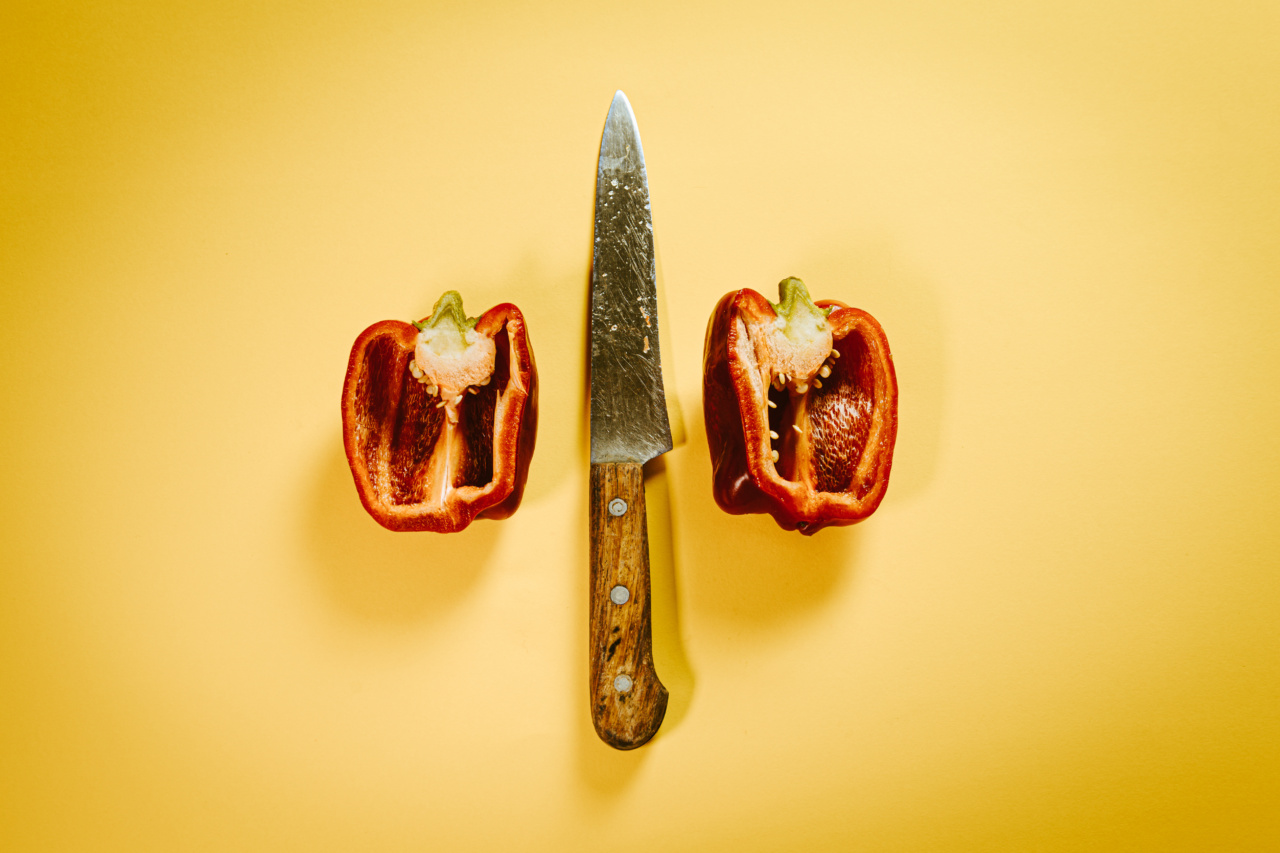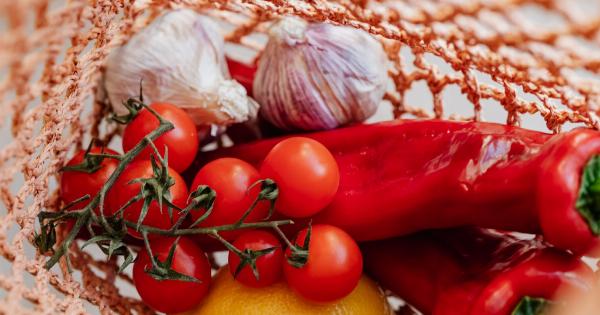Inflammation is a natural process that occurs in the body as a response to injury or illness. It is a vital part of the immune system and helps the body to fight off harmful pathogens and heal damaged tissues.
However, chronic inflammation can lead to a variety of health issues, including heart disease, diabetes, and certain types of cancer. It is now widely recognized that diet plays a significant role in inflammation, and certain foods can either fuel or reduce inflammation in the body.
The role of inflammation in the body
Before we dive into the connection between food and inflammation, let’s first understand the role of inflammation in the body.
When the body detects an injury or infection, the immune system is triggered, leading to the release of inflammatory chemicals. These chemicals increase blood flow to the affected area and recruit immune cells to fight off the threat. This acute inflammation is crucial for healing and protecting the body.
However, when inflammation persists for an extended period, it becomes chronic inflammation. Chronic inflammation can occur due to various factors, such as autoimmune disorders, obesity, stress, and poor diet.
Unlike acute inflammation, chronic inflammation can harm healthy tissues and organs, leading to long-term health problems.
The impact of diet on inflammation
Research shows that certain components in our diet can promote or suppress inflammation. Processed foods, sugary beverages, and foods high in saturated and trans fats have been identified as pro-inflammatory.
These foods can trigger the release of inflammatory chemicals in the body, contributing to chronic inflammation.
In contrast, a diet rich in fruits, vegetables, whole grains, lean proteins, and healthy fats has been found to have anti-inflammatory effects.
These foods are packed with antioxidants, vitamins, minerals, and phytochemicals that can help reduce inflammation and support overall health.
Inflammatory foods to avoid
1. Sugary beverages and snacks: Consuming excessive amounts of sugar can lead to obesity and promote inflammation in the body. Sugary beverages like soda, energy drinks, and processed snacks should be limited or avoided altogether.
2. Trans fats: Trans fats are commonly found in fried foods, packaged snacks, and baked goods. These fats raise the levels of inflammatory markers in the body and should be limited or eliminated from the diet.
3. Refined carbohydrates: Foods made with refined grains, such as white bread, pasta, and pastries, can cause a spike in blood sugar levels and trigger inflammation. Opt for whole grain alternatives instead.
4. Processed meats: Bacon, hot dogs, sausages, and other processed meats often contain additives and preservatives that can promote inflammation. Choose lean cuts of meat or opt for plant-based protein sources like legumes and tofu.
5. Vegetable oils high in omega-6 fatty acids: While omega-6 fatty acids are essential for the body, consuming them in excess can lead to inflammation. Limit the use of oils like soybean, corn, and sunflower oil.
Instead, opt for oils rich in omega-3 fatty acids, such as olive oil.
Anti-inflammatory foods to include
1. Fatty fish: Fish like salmon, mackerel, and sardines are excellent sources of omega-3 fatty acids, which have potent anti-inflammatory properties. Aim to include fatty fish in your diet at least twice a week.
2. Leafy greens: Vegetables like kale, spinach, and collard greens are rich in antioxidants and other anti-inflammatory compounds. Add them to salads, smoothies, or sauté them as a side dish.
3. Berries: Blueberries, strawberries, raspberries, and other brightly colored berries are packed with antioxidants that help combat inflammation. Enjoy them as a snack or add them to your breakfast cereal or yogurt.
4. Nuts and seeds: Almonds, walnuts, flaxseeds, and chia seeds are excellent sources of healthy fats and antioxidants. Sprinkle them over salads or include them in your baking for an anti-inflammatory boost.
5. Turmeric: This yellow spice contains an active compound called curcumin, which has powerful anti-inflammatory effects. Add turmeric to your curries, soups, or enjoy it as a refreshing turmeric tea.
Individual differences and the importance of moderation
It’s important to note that the impact of specific foods on inflammation can vary from person to person. Each individual’s genetic makeup and overall health play a role in how their body responds to different foods.
Additionally, moderation is key. Instead of focusing on eliminating specific foods entirely, it’s crucial to strive for a balanced diet that includes a variety of anti-inflammatory foods.
Consulting with a healthcare professional or a registered dietitian can be beneficial in creating a personalized anti-inflammatory diet plan that suits your individual needs and goals.
In conclusion
While the relationship between food and inflammation is complex, research suggests that a diet high in processed foods, sugar, and unhealthy fats promotes inflammation, while a diet rich in fruits, vegetables, whole grains, and healthy fats has anti-inflammatory effects. Making conscious choices to include more anti-inflammatory foods in our diet and limiting pro-inflammatory foods can help support long-term health and reduce the risk of chronic diseases.




























